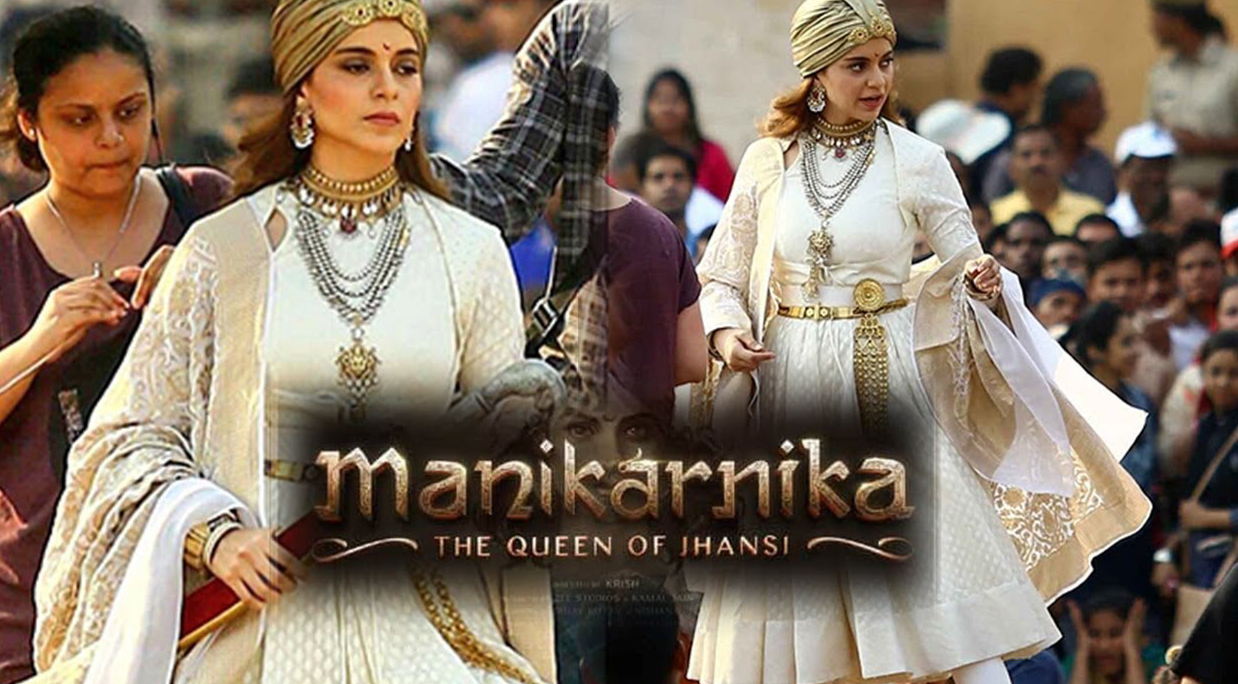Taking in account the growing intolerance in our country, it seems like period dramas in Bollywood will have to go through a lot of trouble before they hit the theatres. After, Padmaavat it’s Kangana Ranaut starring Manikarnika that has fallen pray to the idiocy of fringe groups.
Brahmin Mahasabha in Rajasthan is all set to revolt against the movie based on their claim that the movie has a love scene between Rani Laxmibai and a British official. After Karni Sena’s baseless claims regarding a scene between Alauddin Khilji and Padmaavati, a similar set of accusations on Manikarnika seem more of a propaganda than consisting of any truth.
Kangana, however, has come to the defense of her movie and gave her response against Brahmin Mahasabha’s accusations. She said, “It is very lowly to even think like that about Rani Laxmibai. We cannot even think like that, the kind of things they are saying. What they are saying is actually defaming. There is nothing like that. It is idle talk and I don’t know why it is being said. There is nothing controversial in Manikarnika. It’s really bad on our part to even think about creating such controversies for a woman who gave a tough fight to the British rulers while fighting alone for the country’s sake”.
Kangana asserted that Rani Laxmibai is the “daughter of India” and the movie only contains sequences that will bring pride and glory to her stature rather than shame. She clarified, “There is no love angle in the film”.
Kamal Jain, the producer of the film has also come forward with his response. He states, “As responsible filmmakers, we have taken utmost care while portraying Rani Laxmibai’s character and have consulted historians and scholars. Rani Laxmibai was a freedom fighter and one of the most respected leaders our country has seen. She is a symbol of valour and the film’s story depicts the same.”
We hope things don’t get as tough as they got for Padmaavat and the movie makes an easy entrance to the theatres on its stipulated release date, 27 April 2018.

